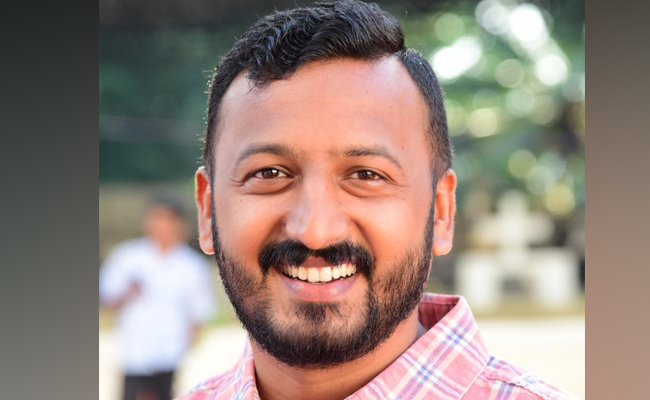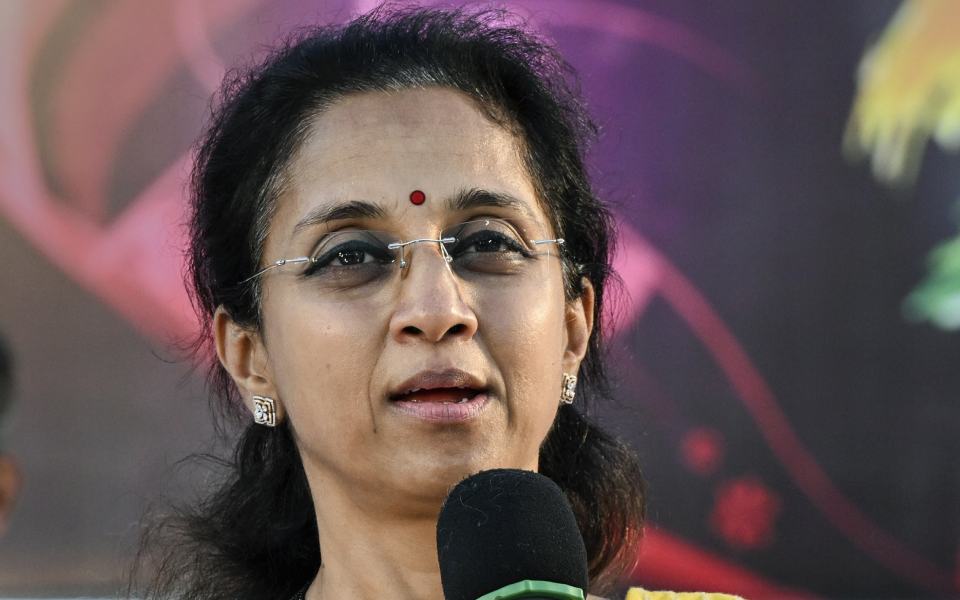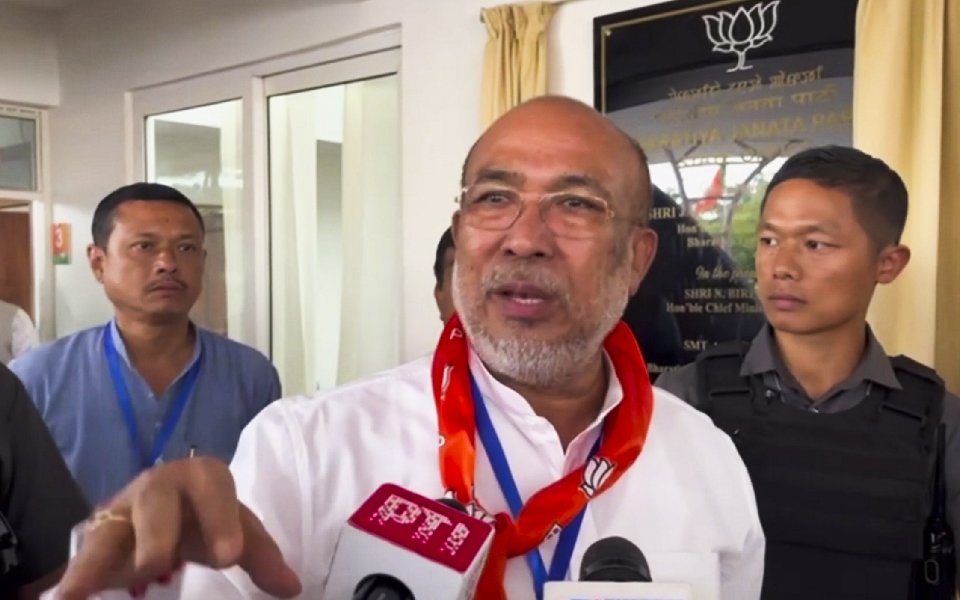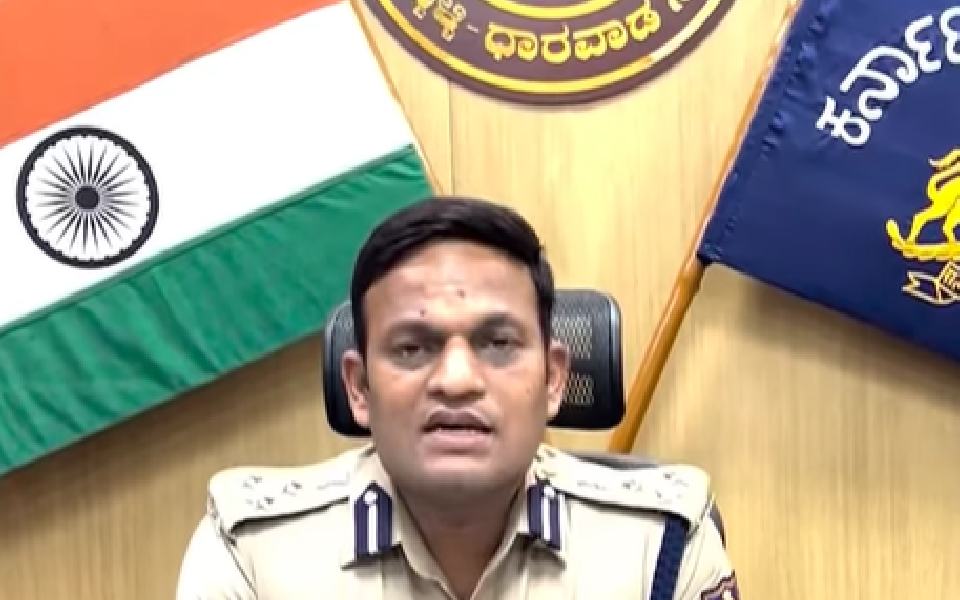Palakkad (Kerala) (PTI): The namesakes of prominent candidates contesting as independents have impacted election outcomes in the past and the strategy appears to be making a comeback in the assembly bypolls in Palakkad and Chelakkara constituencies.
As the three major political fronts -- LDF, UDF and NDA -- enter the second phase campaigns, three individuals with names resembling those of the Congress-led UDF candidates have entered the race as independents in the two assembly seats.
In the Palakkad constituency, where a triangular contest is unfolding, two independent candidates -- Rahul Manalazhi and Rahul R Vadakanthara -- are posing a challenge for the UDF, which has fielded Youth Congress state president Rahul Mamkootathil.
The grand old party alleged that these namesake candidates are backed by the CPI(M) and the BJP to confuse voters.
"Our initial inquiries indicate that one candidate is a CPI(M) worker while the other is supported by the BJP. However, such tactics would not impact the UDF's prospects in any way," a local Congress leader involved in Mamkootathil's campaign told PTI on Thursday.
In Chelakkara, the candidacy of 46-year-old Haridasan, who is reportedly a CITU worker, has sparked a row with the resemblance of his name to that of UDF candidate and former MP Ramya Haridas.
His photo had also appeared on a flex board placed in the constituency seeking votes for CPI(M) candidate U R Pradeep.
Following the row, the board was removed, according to Congress workers.
The CPI(M) has not officially commented on the matter.
With the withdrawal of nominations over on Wednesday (October 30), a total of 10 candidates, including Mamkootathil, LDF-independent Dr P Sarin, and BJP leader C Krishnakumar, are in the fray for the Palakkad seat.
The two namesakes of the Congress candidate -- 33-year-old Rahul Manalazhi and 28-year-old Rahul R Vadakanthara -- were allocated the coconut farm and air conditioner poll symbols, respectively.
The bypoll for the seat was necessitated by the election of sitting MLA and Congress leader Shafi Parambil to the Lok Sabha from the Vadakara constituency in the recent parliamentary polls.
The Congress-led UDF had faced a jolt after Sarin, who was the former digital media cell convener of the KPCC, quit the grand old party in protest against its decision to field Mamkootathil as the party candidate in the constituency.
He later joined the CPI(M)-led alliance, which made him an independent candidate and pitted him against Mamkootathil.
In Chelakkara, responding to the presence of her namesake, Haridas told reporters that the voters in the constituency know the UDF candidate and her symbol very well.
The by-election in Chelakkara has been necessitated by the vacating of the seat by CPI(M)'s K Radhakrishnan, who was elected to the Lok Sabha from the Alathur constituency, defeating sitting MP Ramya Haridas.
To retain the seat, CPI(M) has fielded former MLA U R Pradeep, while K Balakrishnan is the BJP candidate.
According to political experts, one of the biggest political defeats in Kerala's electoral history occurred in 2004 when former KPCC president V M Sudheeran lost in the Alappuzha Lok Sabha constituency.
He was defeated by CPM-backed independent candidate K S Manoj by just 1,009 votes, largely due to the presence of his namesake, V S Sudheeran, who garnered 8,332 votes, the experts say.
Let the Truth be known. If you read VB and like VB, please be a VB Supporter and Help us deliver the Truth to one and all.
Bareilly (UP), Nov 24: Three people died when their car fell into the Ramganga river from a partially constructed bridge here on Sunday, police said, adding that they suspect the driver was misled by its navigation system into taking the unsafe route.
The accident occurred around 10 am on the Khalpur-Dataganj road when the victims were travelling from Bareilly to Dataganj in the Badaun district, they said.
"Earlier this year, floods had caused the front portion of the bridge to collapse into the river, but this change had not been updated in the system," Circle Officer Ashutosh Shivam said.
The driver was using a navigation system and did not realise that the bridge was unsafe, driving the car off the damaged section, the police said.
There were no safety barriers or warning signs on the approach to the damaged bridge, leading to the fatal accident, Shivam said.
Upon receiving information, police teams from Faridpur, Bareilly and Dataganj police station rushed to the spot. They recovered the vehicle and the bodies from the river, Shivam added.
The circle officer said that bodies had been sent for post-mortem. Further investigation into the matter is underway.
— Bareilly Police (@bareillypolice) November 24, 2024





